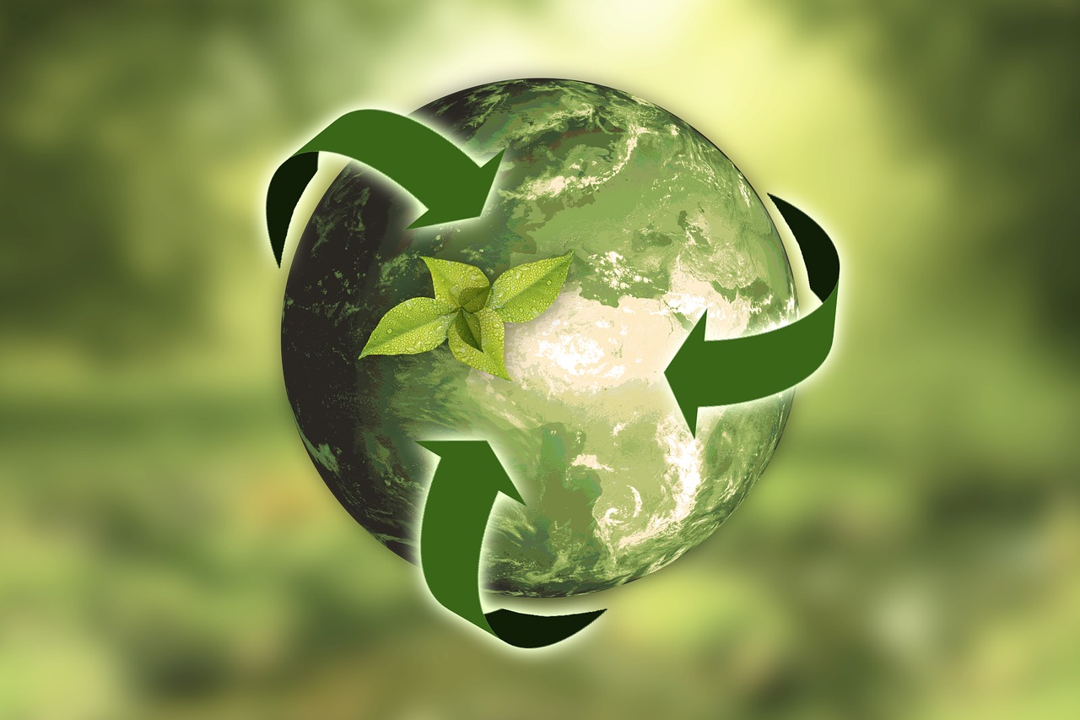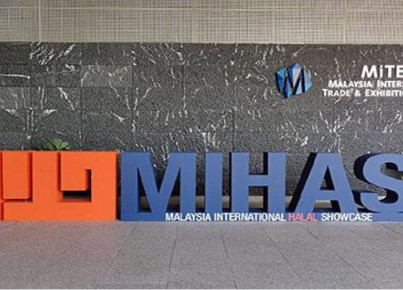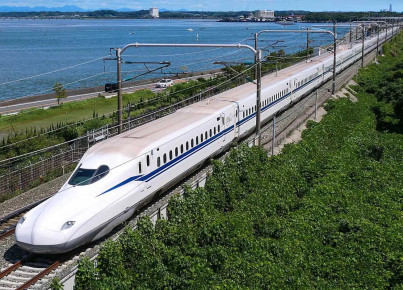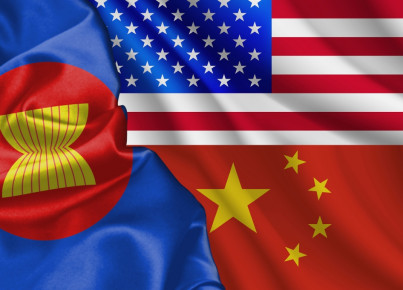Considering that SMEs are the backbone of ASEAN economies, constituting 85 percent of employment and contributing 44.5 percent of the region's GDP, their role is crucial to the energy transition
By Sibeles Chiari
More than just a production model, the circular economy could present itself as a survival strategy aimed at curbing the destructive drift of the Earth's ecosystem. It is an alternative production system to take-make-dispose in that it is based on the concepts of reducing, reusing and recycling the resources used in the product life cycle. Thus, that the future of business must be circular is a sine qua non for keeping the planet livable. Associated with the benefits to the environment and human health, the shift to the circular economy also presents a number of economic opportunities, from job creation, to developing sustainable industries and stimulating entrepreneurship. Considering that SMEs are the backbone of ASEAN economies, constituting 85 percent of employment and contributing 44.5 percent of the region's GDP, their role is crucial to the transition to the "3 R" economy. By involving SMEs in national strategies, these countries can address environmental challenges, foster economic growth and competitiveness in an increasingly sustainability-conscious global market. For this transition to succeed, SMEs will increasingly need to focus on the development of new products or services that contribute to climate mitigation and adaptation and the reduction of waste generated. Precisely because of the fact that SMEs are a vital agent toward decarbonization, some ASEAN countries such as Cambodia, Malaysia, and Myanmar, have already established qualitative targets aimed at providing information, capacity building, and financial and technological support for the adoption of green industrial practices and technologies. It is worth mentioning that, the geographic area in question holds an important position in international dynamics, especially following the changes in geo-economic balances in recent times, being the third most populous area in the world with a GDP increasing by 4-5% annually and with an increasingly significant role in the global supply chain. Indeed, in addition to the environmental and economic aspects, the shift to a circular economy in ASEAN countries is driven by a combination of geopolitical, political factors and recognition of the global trend toward sustainability. This trend is embodied in the Global Circular Economy Forum (WCEF), which is one of the world's leading events dedicated to advancing circularity that brings together business leaders, policymakers, and experts to present the world's best circular economy solutions aimed at addressing planetary crises. At the regional level, ASEAN has taken significant steps to promote collaboration on the transition to the circular economy. Examples include the following initiatives: the Circular Economy Framework for the ASEAN Economic Community (2021), complemented by an Implementation Plan and Work Program; the ASEAN Sustainable Consumption and Production Framework (2022); the Circular Economy Stakeholder Platform (2023); and finally, the Climate Change Guidelines for SMEs (2023). Defining solutions that will increase SMEs' resilience to climate change and accelerate the transition to sustainable growth are the basis of efforts at the regional level, as emphasized by the first ASEAN Forum on the Circular Economy held on November 8-9, 2023 in Jakarta that brought together representatives from policy, business, academia, and the third sector. As can be seen, these are somewhat recent initiatives toward which joint efforts of various stakeholders are being focused to push the transition to the circular economy and create synergies between them. Attempts to innovate the entire production process are also coming from below. In fact, a number of social enterprises have sprung up in recent times, such as Bambuhay (Philippines), which produces straws and toothbrushes from bamboo to replace plastic products, or CoFarm (Laos) an agricultural platform that connects urban farmers directly with restaurants, revolutionizing the supply chain for fresh vegetables. Or Rubysh (Indonesia), which has used hundreds of kilograms of waste as replacement material for jewelry. Finally, to list one more company out of the many that exist, MoreLoop (Thailand) sells surplus textiles that would otherwise go to waste and, through upcycling, takes surplus textiles and turns them into new products, giving them a second life thus reducing environmental impact. In conclusion, what perhaps gives the most hope and optimism, beyond all the political initiatives, is precisely the strong rise of a new generation of entrepreneurs who are passionate and oriented to green principles, and seriously intent on changing the course of the world economy, thus the fate of our planet.






